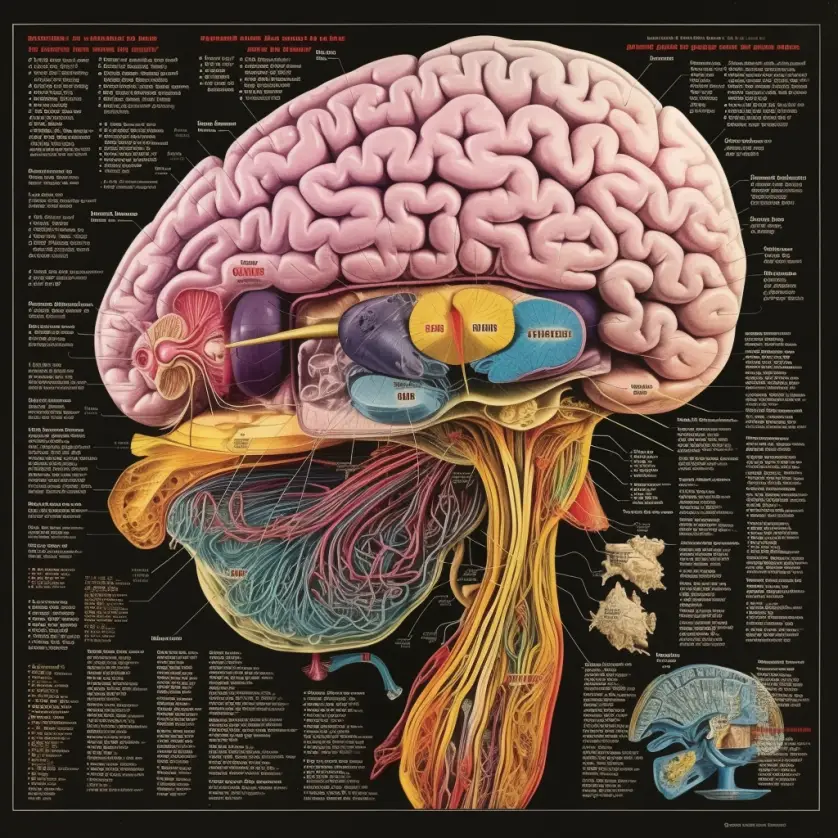Unraveling the link between sleep disorders and Alzheimer's disease. Discover practical strategies to optimize sleep and promote brain health for cognitive longevity.
Sleep and Neurodegenerative Diseases: Exploring the Link Between Sleep Disorders and Alzheimer's
Sleep plays a vital role in maintaining overall health, and recent research suggests a strong connection between sleep disorders and the development of neurodegenerative diseases, particularly Alzheimer's disease. Understanding this link can empower individuals to take proactive steps towards preventing or managing Alzheimer's through optimizing their sleep patterns. In this article, we delve into the relationship between sleep disorders and Alzheimer's, exploring the underlying mechanisms and offering practical strategies to enhance sleep quality and promote brain health.
The Link Between Sleep Disorders and Alzheimer's Disease
Sleep disturbances, such as insomnia, sleep apnea, and disrupted sleep-wake cycles, have been identified as potential risk factors for Alzheimer's disease. Chronic sleep issues can contribute to the accumulation of beta-amyloid plaques and tau tangles, the hallmarks of Alzheimer's pathology. Furthermore, disrupted sleep impairs the brain's ability to clear metabolic waste products, including these toxic protein aggregates. As a result, the brain's cognitive functions decline, paving the way for neurodegeneration.
Unraveling the Mechanisms
Multiple mechanisms underlie the intricate relationship between sleep disorders and Alzheimer's disease. Sleep disruption affects the functioning of the glymphatic system, the brain's waste clearance pathway. Disrupted sleep hampers the clearance of toxic substances, leading to increased inflammation and oxidative stress, which can further accelerate neurodegeneration. Additionally, sleep deprivation compromises the consolidation of memories, affecting cognitive abilities and exacerbating Alzheimer's-related cognitive decline.
Strategies to Optimize Sleep and Promote Brain Health
- Establish a Consistent Sleep Schedule: Maintain a regular sleep routine, going to bed and waking up at the same time each day, even on weekends.
- Create a Sleep-Conducive Environment: Design your bedroom to promote relaxation and restful sleep, ensuring it is dark, quiet, and at a comfortable temperature.
- Practice Relaxation Techniques: Engage in activities such as meditation, deep breathing exercises, or gentle stretching before bedtime to relax the mind and body.
- Adopt Healthy Sleep Habits: Avoid stimulants like caffeine and electronic devices close to bedtime, and limit daytime napping to improve nighttime sleep quality.
- Seek Treatment for Sleep Disorders: Consult with a healthcare professional to address any underlying sleep disorders such as insomnia or sleep apnea.
Conclusion
Prioritizing healthy sleep habits and addressing sleep disorders can have a profound impact on brain health and may help reduce the risk of developing Alzheimer's disease. By recognizing the intricate link between sleep and neurodegenerative diseases, individuals can proactively take charge of their sleep patterns, ultimately promoting overall well-being and cognitive longevity.






